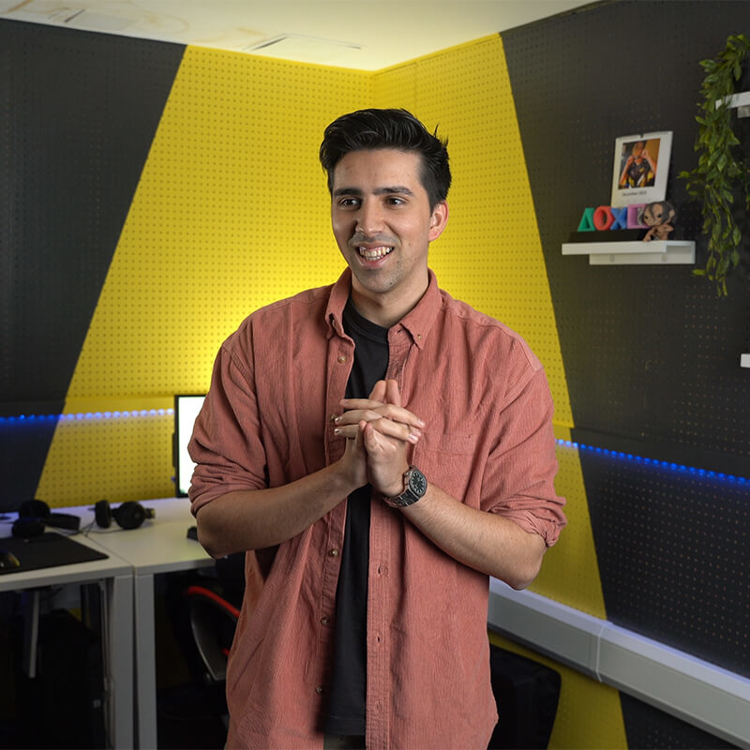Open days
Get a real taste of our campus, community and what it’s like to study at Roehampton
Your future is here
Carve out your career in an exciting environment that champions individuality, encourages collaboration and supports you every step of the way.





